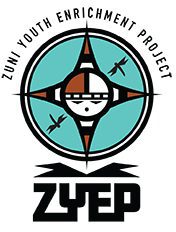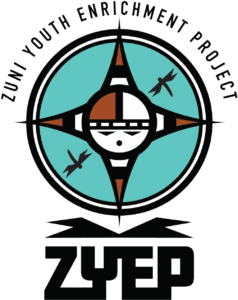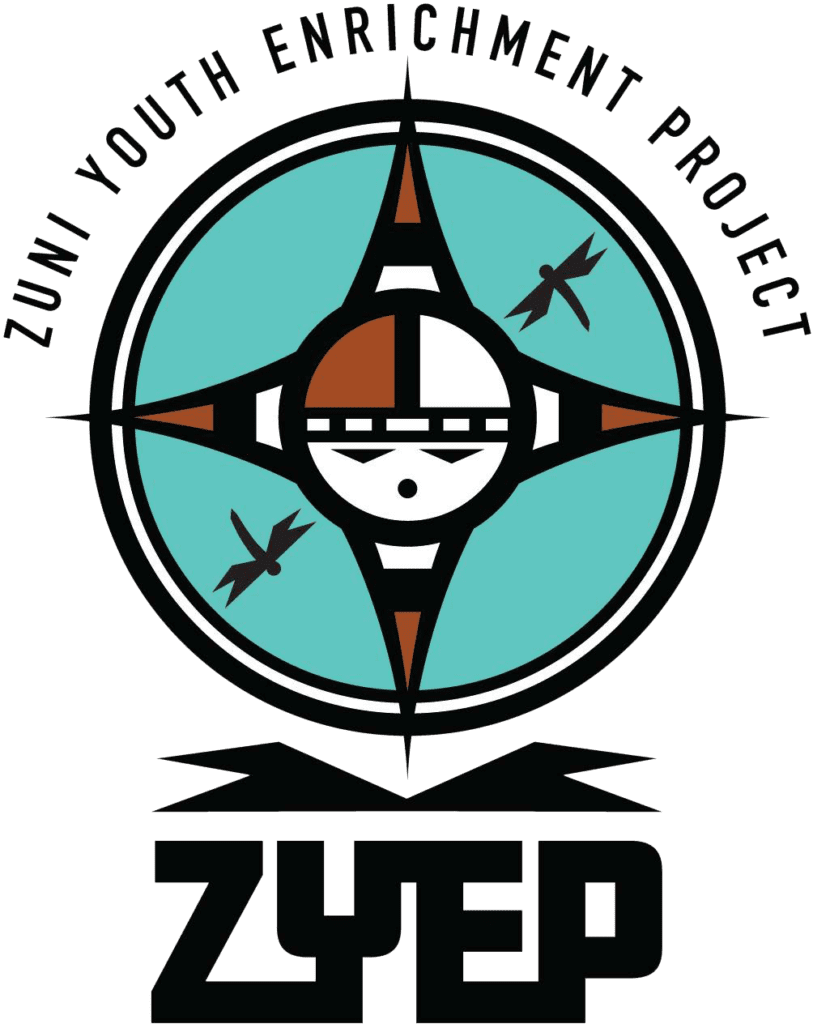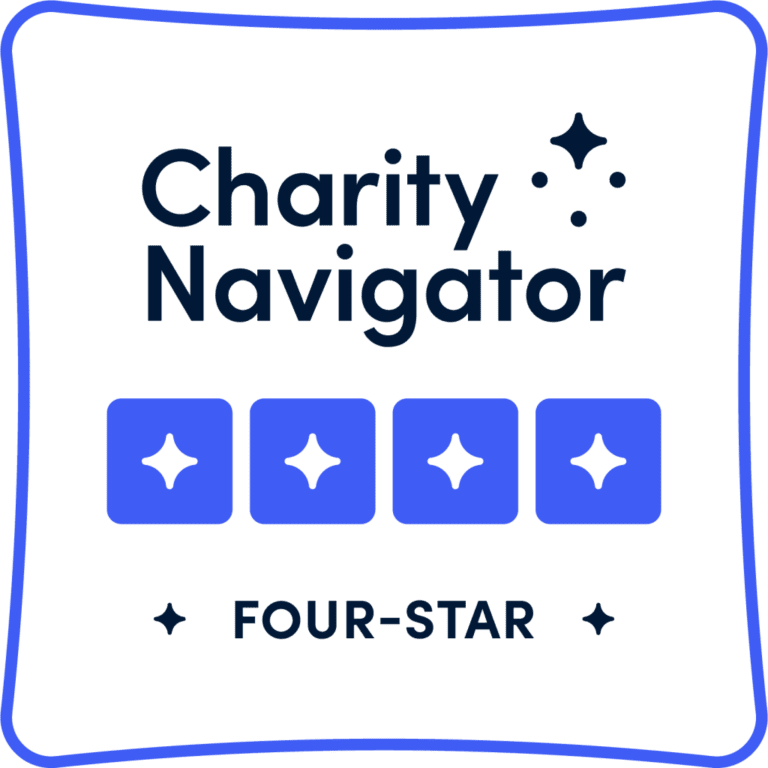ZUNI, NM (May 31, 2024) — Thanks to an exciting partnership with Grand Canyon National Park and grant funding from the National Park Foundation, several Zuni youth had the opportunity to perform cultural demonstrations in art and food sovereignty for park visitors earlier this month. The Zuni Youth Enrichment Project brought three advanced art apprentices and one food sovereignty intern to participate in the Grand Canyon Cultural Demonstration Program on May 7-9.
ZYEP Arts Coordinator Elroy Natachu Jr. accompanied art apprentices Keely Bobelu (pueblo sewing), Breyden Othole (2D fine arts) and Chasady Simplicio (pueblo weaving), while ZYEP Food Sovereignty Coordinator Brittny Seowtewa accompanied Food Sovereignty Intern Kailin Quam. Natachu also served as cultural advisor for the group.
The free cultural demonstrations took place at the Desert Watchtower, the easternmost developed area along the national park’s South Rim, from 8 a.m. to 5 p.m. on each of the three days. The youth also had time to visit select spots along the South Rim.
“Our goals are to continue fostering connections between the tribe and the park, create different opportunities to connect young people with this special cultural space and with the National Park Service, and continue building on our efforts to connect with ancestral lands through different means of accessibility,” said Josh Kudrna, ZYEP’s operations manager.
Grand Canyon has been home to 11 tribes for generations, which means it is more than a national park, a World Heritage Site and a natural wonder of the world. It’s a sacred space for entire peoples: Havasupai, Hualapai, Hopi, Yavapai-Apache, Kaibab band of Southern Paiute, Las Vegas band of Southern Paiute, Moapa band of Southern Paiute, Paiute Indian Tribes of Utah, San Juan Southern Paiute Tribe, and Zuni.
The purpose of the Cultural Demonstration Program is to give members of those 11 traditionally associated tribes a voice at Grand Canyon by supporting interactions with the public through demonstrations of traditional Native practices and crafts. Made possible by grants from the Grand Canyon Conservancy, the program began in 2014 and continues to grow.
According to Natachu, participating in the Cultural Demonstration Program revealed and reinforced the power of the Zuni community’s self-reliance. This even became clear to the youth participants as they talked about their art and ancestral methods of planting with visitors from around the world.
“What might be common knowledge or a specialized skill to us as Zuni people is foreign to the outside world,” Natachu explained. “As our youth spoke with visitors, they were surprised at their own knowledge and their ability to explain to various age groups how they learned it. Through their journeys, they have become new culture bearers for our community.”
Seowtewa said Kailin Quam, the food sovereignty intern, was a perfect example of this.
“This opportunity gave him a platform to not only talk about Zuni agriculture, but also to share his experience of being a young Zuni farmer and the passion that drives him to do this work,” she said.
The four young people opened up to each other as well, discussing the details of their current projects and what they were learning. During meals and breaks, they shared their challenges and successes, and they supported each other.
“They learned to rely on each other to complete tasks and to break out of their comfort zones,” Natachu said. “Despite the trip’s short duration, each person left the canyon more confident and ready to tackle their next project. Although they were a bit tired and sunburned, their own resilience shone through!”
In addition, interactions with welcoming, insightful Grand Canyon National Park rangers and staff proved valuable for the young people. Natachu and Seowtewa both observed that these positive interactions had a lasting impact.
“Our youth were able to learn about the park’s history, and the sites and opportunities to which it provides access,” Natachu said. “Sightseeing at various locations along the South Rim gave them a different perspective on the resilience and strength of our ancestors, and the difficulties they must have endured from their emergence through their migrations.
“The trip helped to re-establish cultural connections between our people’s place of emergence and the power of their art and occupations,” he continued. “Each participant started out shy and uncertain, but by the end of Day 3, they had an understanding that what they do matters, and the impact can reach beyond reservation boundaries.”
Seowtewa agreed, noting that the youth gained confidence in themselves as they showcased their traditional art and planting.
“It was beautiful to witness, in real time, the impact and power that the voices of the Zuni youth had on the audience,” she said. “They are the voices of the future, and by giving them platforms to speak on behalf of our people, it brings so much hope for the future of Zuni.”
To learn more about the Zuni Youth Enrichment Project and its programs, and for information about making donations, partnering with ZYEP, and volunteering, call (505) 782-8000 or visit zyep.org. And, to stay up to date on the latest news and events, follow the nonprofit youth organization on Facebook (/zuniyouthenrichmentproject), Instagram (@zuniyouthenrichmentproject), YouTube (/ZuniYouth), and TikTok (/zyep09)
Founded in 2009, the nonprofit Zuni Youth Enrichment Project is dedicated to promoting resilience among Zuni youth so they will grow into strong, healthy adults who are connected with Zuni traditions. ZYEP fulfills its mission by providing positive role models, enriching programs, and nurturing spaces that contribute to the healthy development of Zuni youth. ZYEP strives to provide every child with the encouragement and opportunities they need to reach their full potential.





